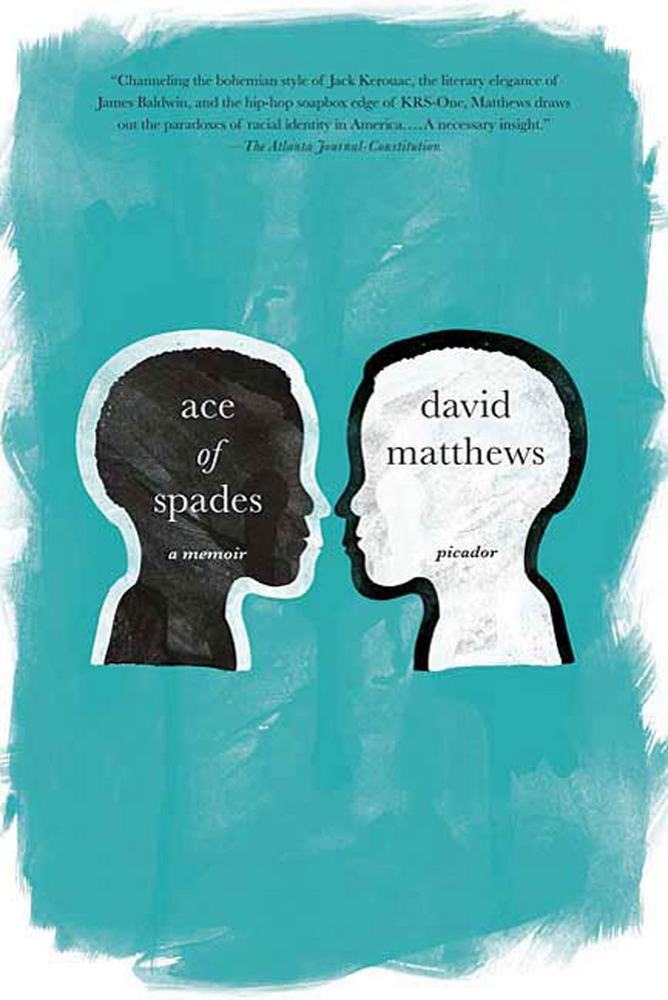After Canaan: Essays on Race, Writing, and RegionPosted in Anthropology, Books, Canada, Literary/Artistic Criticism, Media Archive, Monographs, Passing, United States on 2016-11-19 23:19Z by Steven |
After Canaan: Essays on Race, Writing, and Region
Arsenal Pulp Press
2011-05-10
176 pages
Paperback ISBN: 9781551523743
ePub ISBN: 9781551523873
Finalist, City of Vancouver Book Award
After Canaan, the first nonfiction book by acclaimed Vancouver poet Wayde Compton, repositions the North American discussion of race in the wake of the tumultuous twentieth century. It riffs on the concept of Canada as a promised land (or “Canaan“) encoded in African American myth and song since the days of slavery. These varied essays, steeped in a kind of history rarely written about, explore the language of racial misrecognition (a.k.a. “passing“), the subjectivity of black writers in the unblack Pacific northwest, the failure of urban renewal, black and Asian comedy as a counterweight to official multiculturalism, the poetics of hip hop turntablism, and the impact of the Obama phenomenon on the way we speak about race itself. Compton marks the passing of old modes of antiracism and multiculturalism, and points toward what may or may not be a “post-racial” future, but will without doubt be a brave new world of cultural perception.
Written with the same poetic perceptiveness as cultural theorists Rinaldo Walcott and Dionne Brand, After Canaan is a brilliant and thoughtful collection of essays that ought to be required reading for all.







